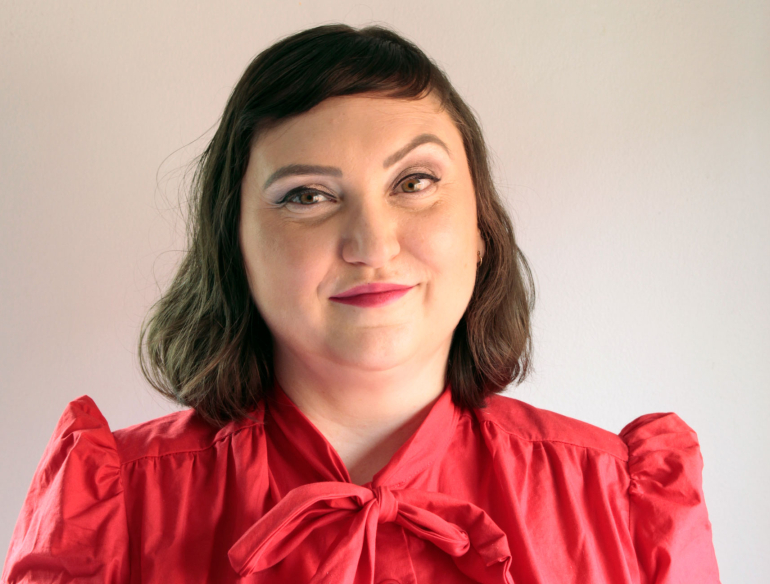Wiradjuri woman Heather McCormack from the Kirby Institute is one of three First Nations women recently appointed to UNSW’s Scientia Program.
The Scientia Program supports UNSW's culture of research excellence by attracting and retaining researchers with exceptional track records who are leaders in their fields, and facilitates career development through mentorship, leadership and community.
“I am excited to welcome these stellar Indigenous appointments to the UNSW Scientia Program. Their appointments bring a wealth of knowledge, expertise and enthusiasm to our community. We look forward to the valuable contributions they will make in their respective fields,” says Professor Leanne Holt, Deputy Vice-Chancellor Indigenous.
“UNSW is committed to continuing to increase our Indigenous academic workforce aligned to innovation and excellence in research and academia.”
Heather, who lives and works on Bidjigal Country and has family ties to the Central West of NSW, has recently completed a PhD at the Kirby Institute, and has a 15-year background of working in sexual health. Most recently, she has led sexual health programs for NSW Health aimed at Aboriginal people, culturally and linguistically diverse people and young people.
Her research has focused on the intersection of health literacy and the accessibility of publicly funded sexual health services and on optimising routine health assessments delivered in the Aboriginal Community Controlled Health Service (ACCHS) setting to increase testing for STIs and HIV for Aboriginal and Torres Strait Islander young people. She has a particular interest in health equity and accessibility, as well as the use of novel technologies to prevent, test for and treat STIs and HIV.
“I congratulate Heather on this significant accolade, which is a testament to her outstanding research track record,” says Kirby Institute Director Scientia Professor Anthony Kelleher. “I am delighted that she will be sharing her vast knowledge and skills through her work at the Kirby Institute, and I know that she will continue to progress positive health outcomes for communities.”
